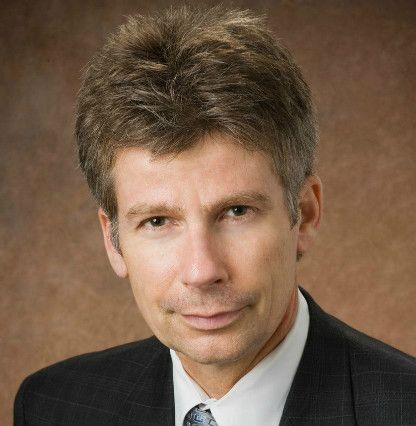Senator Conrad Physician Shortage – The following article was written by Senator Kent Conrad of North Dakota. He discusses the physician shortage in rural America and his program which helps to alleviate the problem.
If you told the rural residents in my state of North Dakota there is an oversupply of physicians in America, most would likely be shocked. All the recent facts and figures that suggest we have too many doctors and too few jobs would be startling news for them. And an explanation that International Medical Graduates (IMGs) are taking jobs from American doctors, who are presumably seeking any opportunity to work, would be met with utter disbelief. So where are all these doctors they might ask. If an oversupply exists, it certainly doesn’t exist where they live.
I confess that I am not very familiar with the physician situation in California. I don’t doubt that many areas of California have more physicians than employment opportunities. Hiring IMGs in these localities would make no sense. But communities in my state, as well as those in other rural states, have not been able to attract a sufficient number of American doctors to serve their people. IMGs are providing badly needed alternative.
I advocate employing IMGs out of necessity. They have become indispensable in my state, just as they have in several other states with an underserved rural and, in some cases, urban population. The work in these areas is very hard, the pay is often low, and the life style is definitely not cosmopolitan. It’s understandable why few physicians are willing to go to these areas.
Client Reviews

Highly Competent Legal Services
“I work with Merritt Hawkins, the largest physician search firm in the United States. For over 20 years, we have partnered with The Law Offices of Carl Shusterman, which assists us in obtaining visas for the many international physicians we recruit. Mr. Shusterman and his staff have been an indispensable resource of expertise, allowing us to recruit international doctors in the most efficient manner possible on behalf of our clients.”
- Phil Miller, Merritt Hawkins, Dallas, Texas
Read More Reviews
Zoom Consultations Available!
These shortages create a dangerous lack of health care accessible to rural residents. The Department of Health and Human Services designated 85 percent of my state as health professional shortage areas. Leaving these people unprotected is not an option. When a rural North Dakota clinic or hospital needs my help retaining a qualified foreign physician, usually after an expensive nationwide search for an American doctor has failed, I feel obliged to assist that facility in any way I can.
Two years ago I created a program to help states retain the services of IMGs who are here practicing through the J-1 visa program. Once the J-1 visa expires, foreign physicians must return to their home countries for at least two years before being allowed to return to the U.S. The Conrad State 20 Program allows states to request waiving that two-year requirement for up to 20 IMGs annually. An IMG must agree to work in a health shortage area for at least three years, and the waiver will only be approved by the United States Information Agency and the Immigration and Naturalization Service, if the physician’s home country does not object.
My program is designed to allow state health departments or their equivalents determine how best to address their own health care needs. If a state decides foreign physicians will not relieve their shortage areas, that is their right. But a majority of the states have chosen to use the program, according to a survey conducted earlier this year by the National Rural Recruitment and Retention Network. Although the survey did not indicate California has implemented the program, the California respondents expressed an interest in allowing each state the discretion to raise the annual waiver limit over 20. That indicates to me that some need exists for more physicians in California’s rural areas.
The Conrad State 20 Program expired on June 1, 1996, but can still be used by an IMG who was in the country before that date. The Senate added language to the immigration law which was signed by President Clinton on September 30, 1996, re-activating the program and extending it through June 2, 2002. The extension was passed without need for debate or a roll call vote because most senators realize this modest program isn’t taking a single job away from an American physician.
Perhaps by the time another extension is needed, the next generation of American physicians will have discovered the subtle rewards of living and working in rural communities. Hiring IMGs would no longer be necessary. I would live to see a new generation of American medical graduates trained in primary care medicine seek their prospects in rural America. I am ready today to work on legislation in the U.S. Senate that inspires a stampede of American physicians to rural areas. Until then, I will continue supporting policies that keep rural health care facilities staffed with qualified people, domestic if possible, but foreign if necessary.








